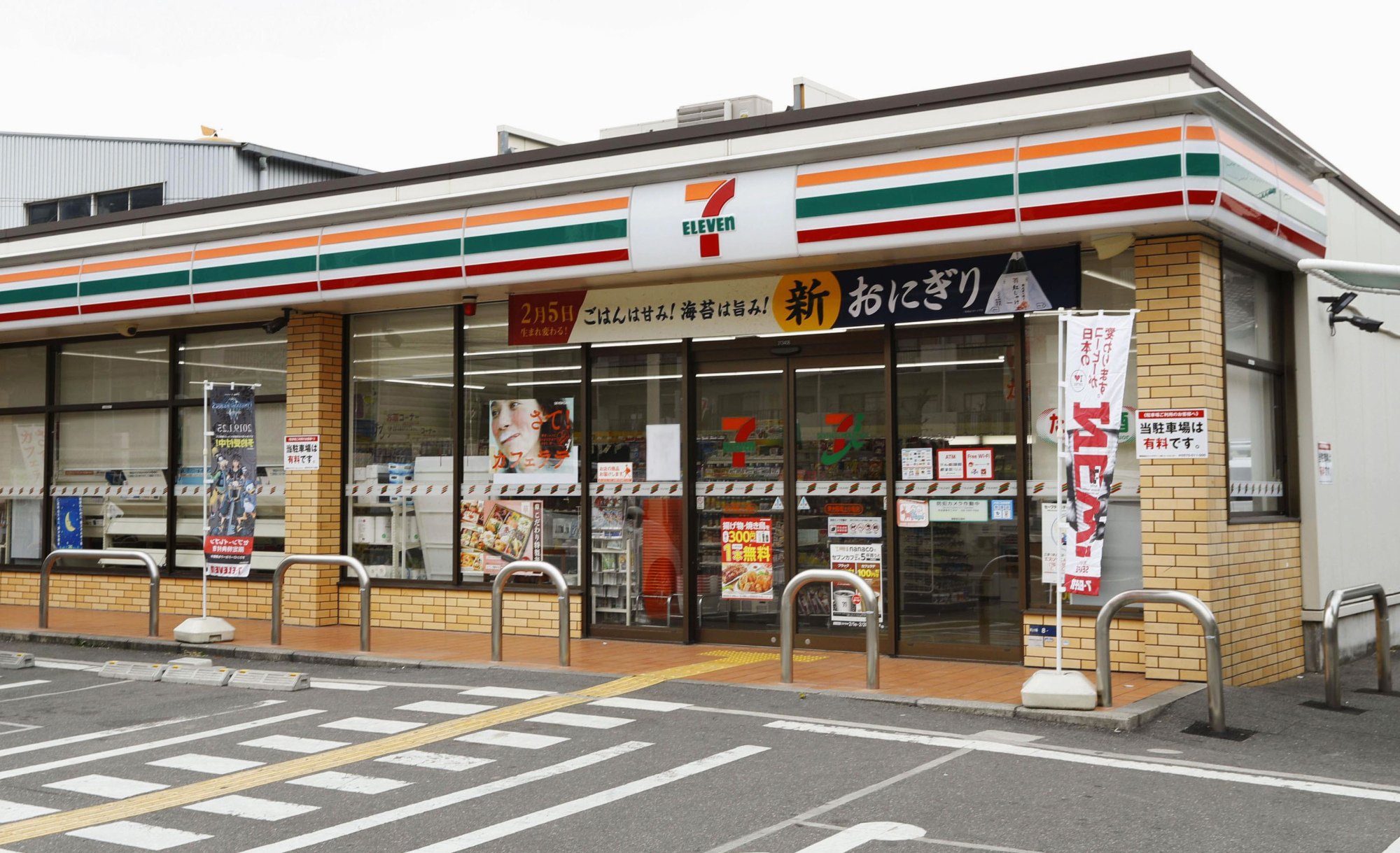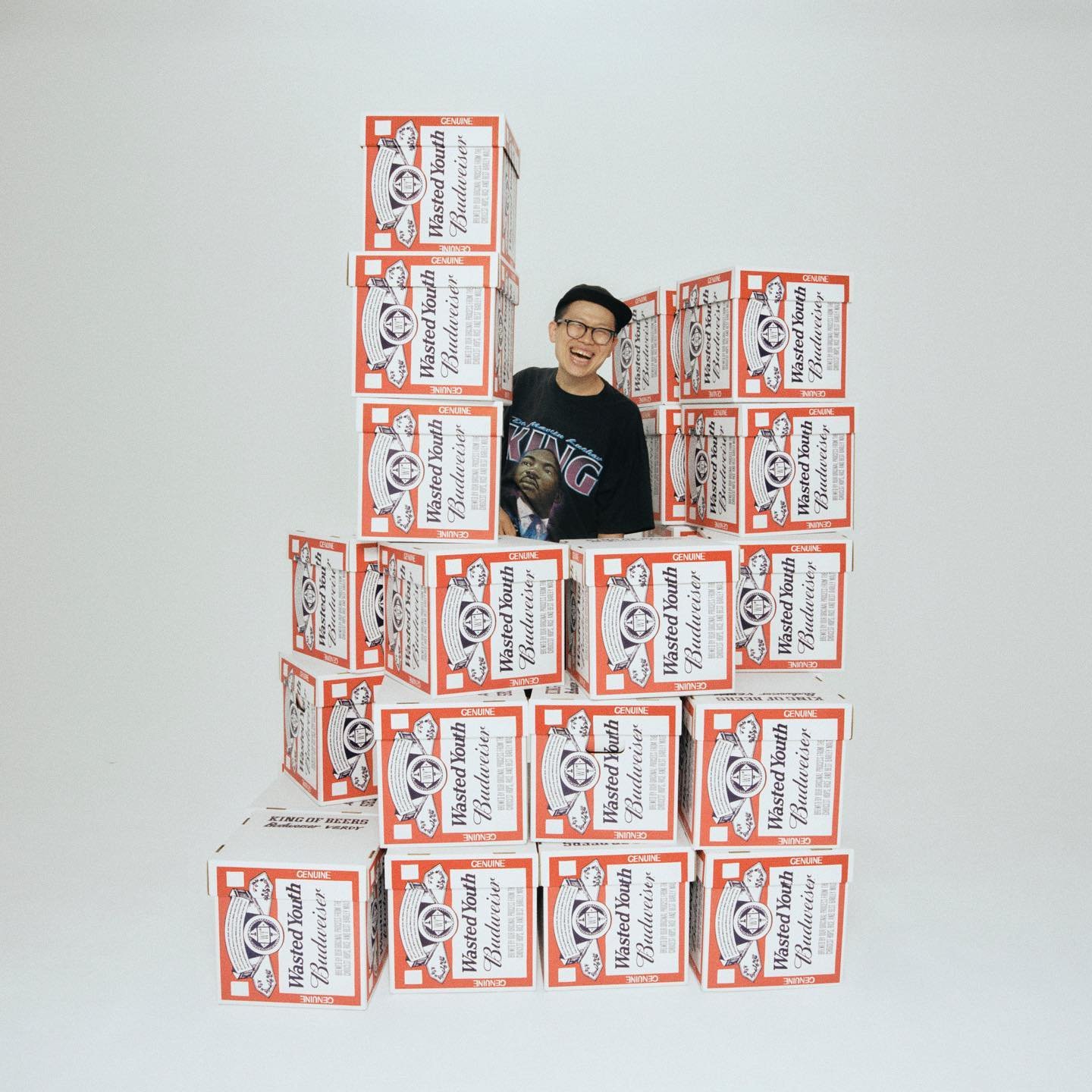Japan’s “Magic Water”: How Asahi Invented A Beer Without Aftertaste

In order get to the moment of when you open the cooler in a 7 Eleven to grab a cold Asahi Super Dry, we have to jump back to the 17th century, when beer, or “biiru”, was first brought to Japan by Dutch traders.
At the time, they were the only western people allowed to trade with Japan, until the US forced Japan to open its harbors for international trade.
American delegations brought beer as gifts, but the Japanese opinion was divided: one side called it “magic water”, while another described the beer as “bitter horse-piss wine”.
With the western traders came more and more imported beer, but soon the wish of a domestic brewed beer came up. As often, it was mainly German beer that was the blueprint for Japan’s first breweries. While it began with mainly foreign ran companies, “Kirin” was the first brewery with Japanese investments and workers. More and more Japanese people traveled to Germany to learn how to brew beer. Nakagawa Seibei for example returned with knowledge and a bunch of technology to open the Sapporo brewery.
In the late 19th century, there were hundreds of brewery start ups, with most of them focusing on producing German-style beer. Among those start-ups was one by a well known Sake producer Torii Komakichi. In 1888, Torii’s Osaka Beer Brewing Company sent Ikuta Hiizu to Germany to study brewing at the brewery school in Weihenstephan, Bavaria. Four years later the company launched a beer called Asahi [“Morning Sun”] that quickly became very popular and made the brewery the second biggest in Japan by 1901.
However, its biggest success was when Asahi scored in 1987 with the introduction of “Super Dry”. After a survey showed that 98 percent of beer drinkers wanted Asahi to change its taste to a beer that was rich but left no aftertaste, Asahi’s brewers initially said that this was impossible.
But after a while, Super Dry was created, a stronger beer with five percent alcohol but with less sugar and no after taste. This doubled Asahi’s market share in one year and even influenced breweries in the west to bring “dry beer” to countries outside of Japan.





